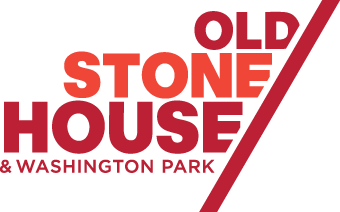Map
Address & Contact
The Old Stone House
336 3rd Street
PO Box 150613
Brooklyn, NY 11215
718.768.3195
info@theoldstonehouse.org
HOURS
Open to visit Friday, Saturday & Sunday, 12 pm to 4 pm
Or by appointment
CONNECT WITH US
STAY UP-TO-DATE
Receive info about upcoming programs, classes, community events plus neighborhood news.
By signing up, you will receive regular emails from Old Stone House. You can unsubscribe at anytime.
